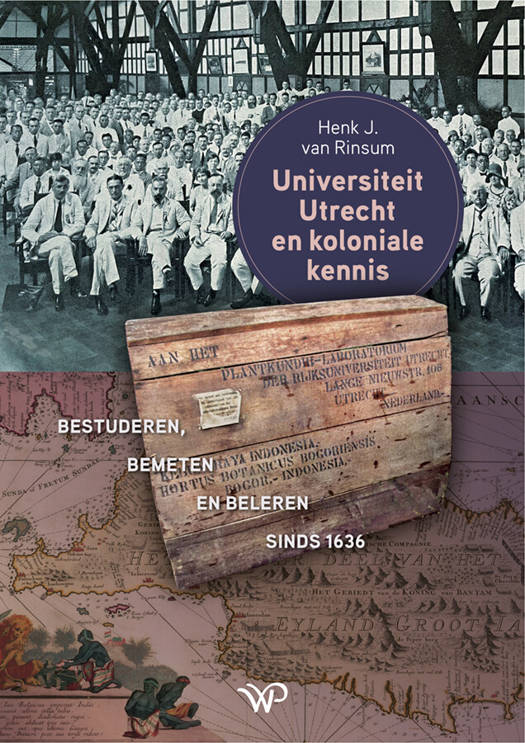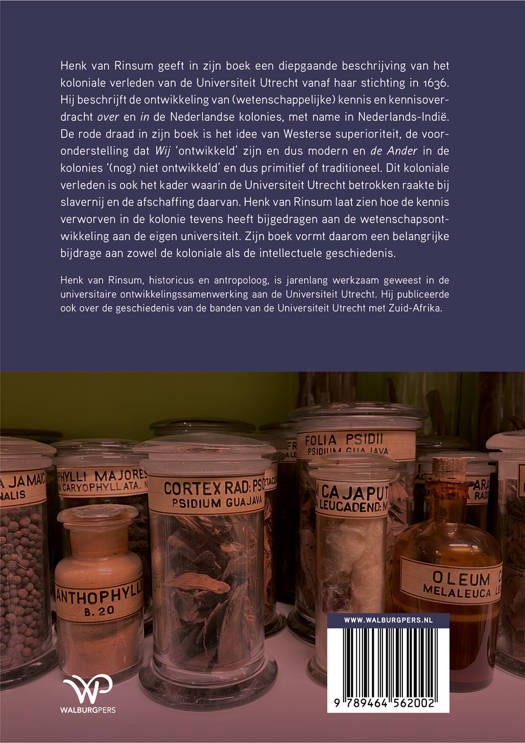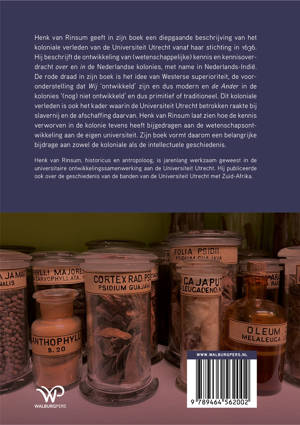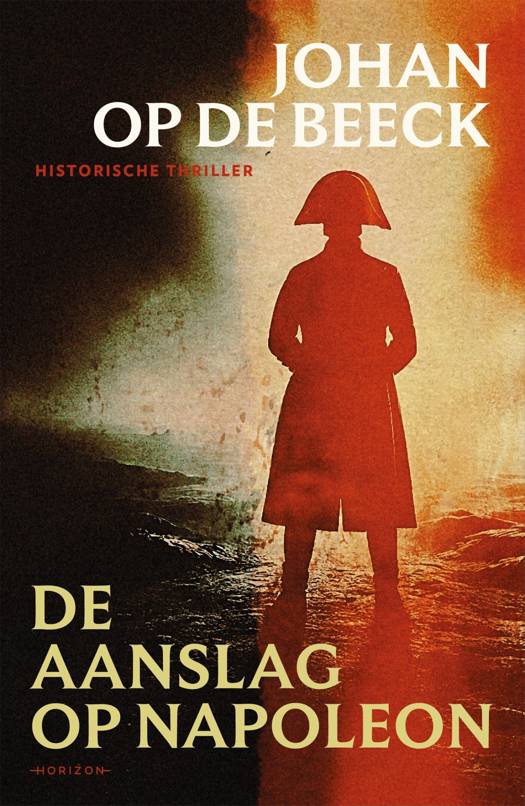
- Afhalen na 1 uur in een winkel met voorraad
- Gratis thuislevering in België vanaf € 30
- Ruim aanbod met 7 miljoen producten
- Afhalen na 1 uur in een winkel met voorraad
- Gratis thuislevering in België vanaf € 30
- Ruim aanbod met 7 miljoen producten
Zoeken
Utrecht University and Colonial Knowledge
Exploration, Exploitation and the Civilising Mission Since 1636
Henk Van Rinsum
Hardcover | Engels
€ 49,99
+ 99 punten
Omschrijving
In this book, Henk van Rinsum provides an in-depth description of the colonial past of Utrecht University in the Netherlands, from its foundation in 1636. He describes the development of (scientific) knowledge and knowledge transfer about and in the Dutch colonies, especially in the Dutch East Indies. The central theme of his book is the idea of Western superiority - the assumption that we are 'developed' and therefore modern, while those in the colonies are 'not (yet) developed' and therefore primitive or traditional. This colonial past is also the framework in which Utrecht University became involved in slavery and its abolition.
Henk van Rinsum shows how the knowledge acquired in the colony also contributed significantly to the scientific development of the university, especially towards the end of the nineteenth century. Utrecht University and Colonial Knowledge is therefore an important contribution to both colonial and intellectual history.
Henk van Rinsum shows how the knowledge acquired in the colony also contributed significantly to the scientific development of the university, especially towards the end of the nineteenth century. Utrecht University and Colonial Knowledge is therefore an important contribution to both colonial and intellectual history.
Specificaties
Betrokkenen
- Auteur(s):
- Uitgeverij:
Inhoud
- Aantal bladzijden:
- 352
- Taal:
- Engels
Eigenschappen
- Productcode (EAN):
- 9789048567973
- Verschijningsdatum:
- 1/03/2025
- Uitvoering:
- Hardcover
- Formaat:
- Genaaid
- Afmetingen:
- 171 mm x 241 mm
- Gewicht:
- 1092 g
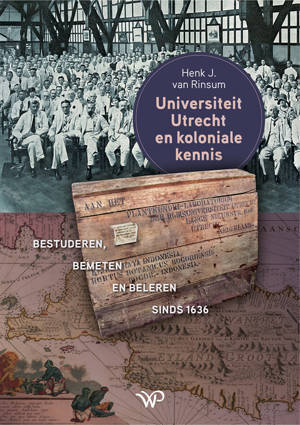
Alleen bij Standaard Boekhandel
+ 99 punten op je klantenkaart van Standaard Boekhandel
Beoordelingen
We publiceren alleen reviews die voldoen aan de voorwaarden voor reviews. Bekijk onze voorwaarden voor reviews.









